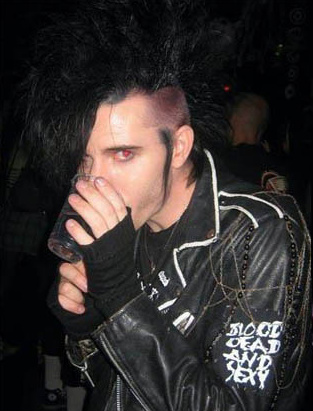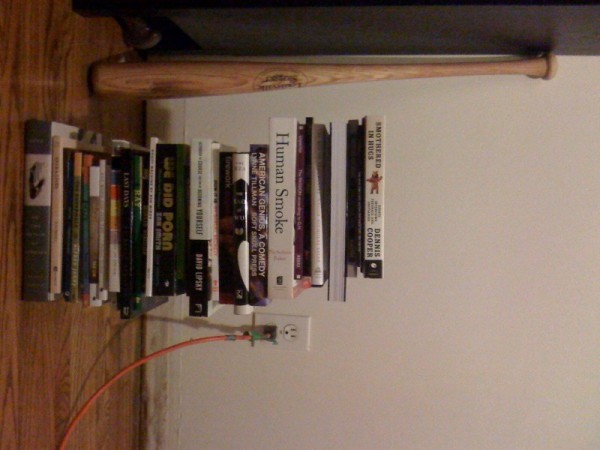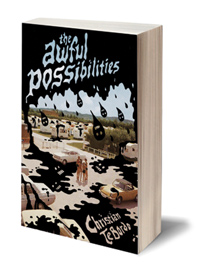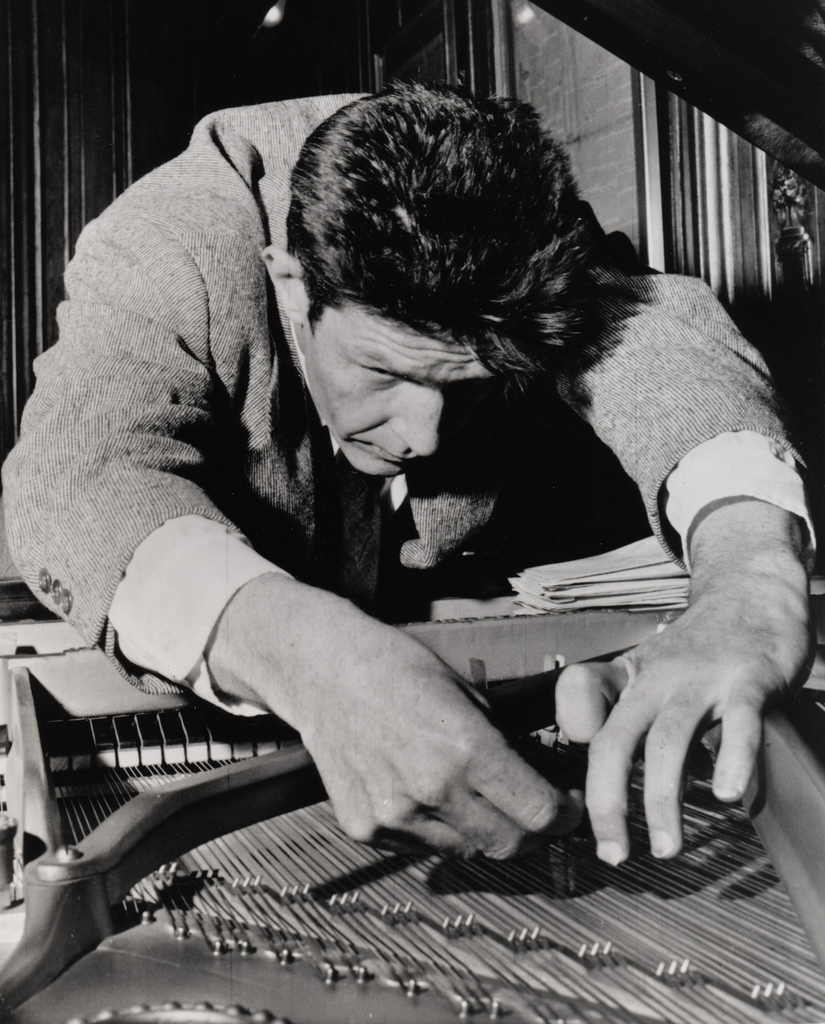I earn more than I thought I would when I became a poet
And no reason to talk about the books I read but I still do
Don’t leave it all unsaid
Well, I wouldn’t object to being approached, put it that way
They said they respect me, which means, their judgment is crazy

If you really concentrate on the Top 40 there aren’t really that many striking individuals so it is rather easy within that block to be anarchic
Artists aren’t really people. And I’m actually 40 per cent papier mache
I find agreeable people immensely disagreeable
I was always attracted to people with the same problems as me. It doesn’t help when most of them are dead
Am I looking in the mirror?
Any fool can think of words that rhyme
There are some bad people on the rise
Sell all of your clothes
We hate it when our friends become successful
The traditional viewpoint is to scowl, but I don’t understand that
Rejection is one thing – but rejection from a fool is cruel
There’s more to life than books you know, but not much more




 In the summer of last year,
In the summer of last year, 
